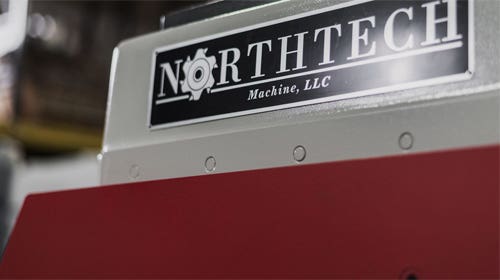Credentialing program starts to gain traction
Leaders of the Woodwork Career Alliance of North America revealed the organization’s recent progress with its Advanced Wood Manufacturing Passport and Credential Program at IWF 2012 in August. The big…
Leaders of the Woodwork Career Alliance of North America revealed the organization’s recent progress with its Advanced Wood Manufacturing Passport and Credential Program at IWF 2012 in August. The big news is that state governments have recently started to take interest in the educational program.
In May, Kentucky adopted the credentialing program as the certification requirement for its high school woodworking students. Duane Griffiths, alliance vice president and director of educational services for Stiles Machinery, says other states could follow Kentucky’s lead.
“This is phenomenal. Usually something like this takes years and years, but now we have the first state to adopt the program. My prediction is that we’re going to find a lot of states will follow. That’s the mode that state departments of education usually work within,” says Griffiths.
Designed to identify the skills and abilities an emerging woodworker needs in today’s market, the program provides five levels of credentials with skills ranging from entry-level tasks to CNC programming.
The program was introduced to schools in 32 states and provinces and has 57 accredited skill evaluators. There are 138 registered students — or “passport holders” — and the alliance hopes to have 500 by 2013.
Alliance leaders are reaching out to states through industry supporters, such as WoodLINKS, which has a strong following in Wisconsin and North Carolina. Alliance president Scott Nelson says he’s had recent inquiries from New England and Pacific Northwest states.
“States are now saying you can pursue woodworking as a career,” says Nelson. “It’s not just a job, it’s a career. What makes it a career is you have targets, goals and skill standards that you can achieve.
“Woodworkers are now competing with the same workforce that’s going to work for the metals and plastics industries. If we don’t have something like this and we don’t embrace it as an industry, then frankly we’re not going to get more competitive.”
Griffiths says the national interest is growing quickly and will pick up faster as word spreads throughout various communities.
“Once the schools have something to offer, the industry is made aware of it. The industry will help to grow the schools even more and therefore everybody benefits. It’s a win-win for the industry and schools,” says Griffiths.
Contact: Woodwork Career Alliance, P.O. Box 636, Nellysford, VA 22958. Tel: 434-298-4650. www.woodworkcareer.org
This article originally appeared in the October 2012 issue.







